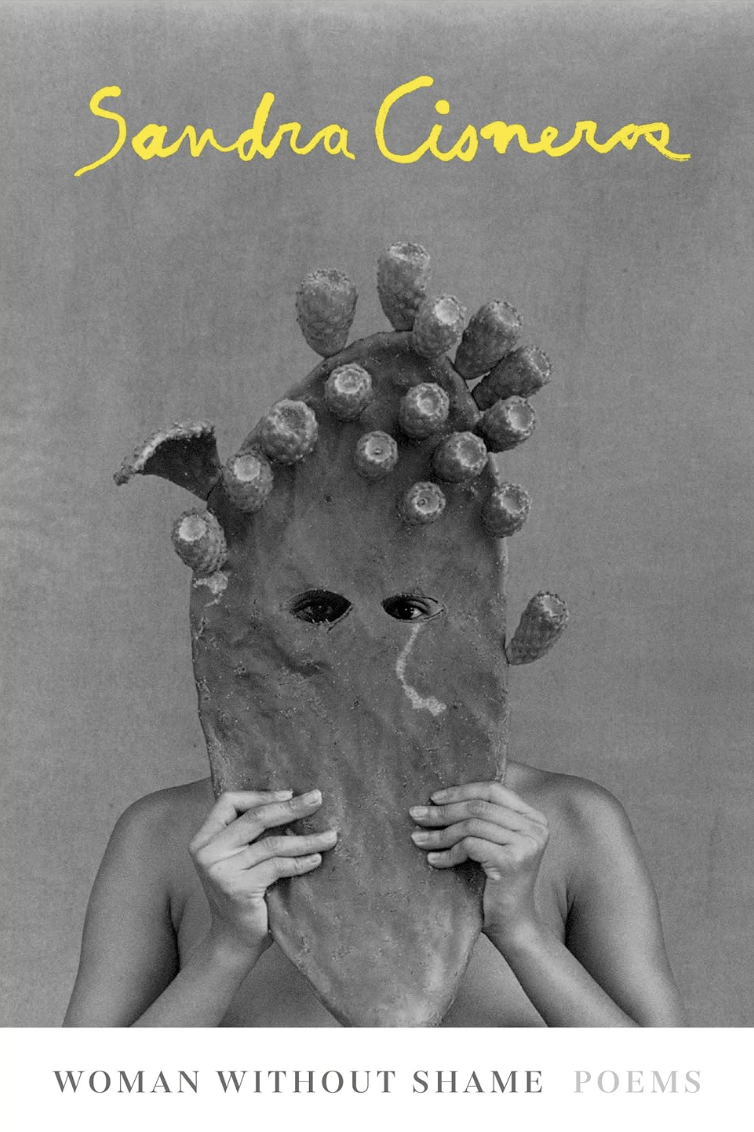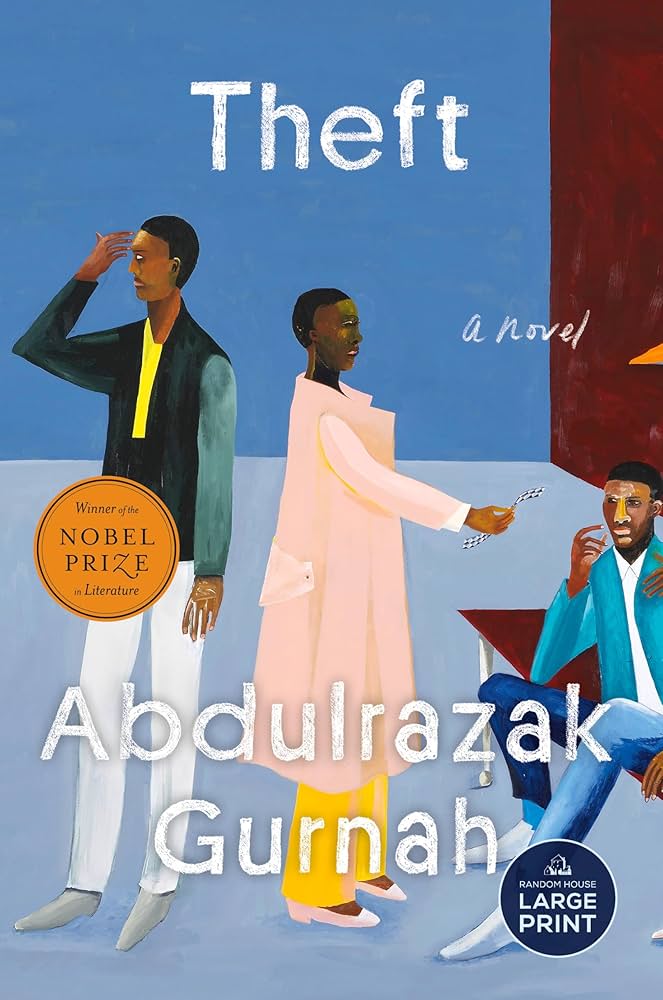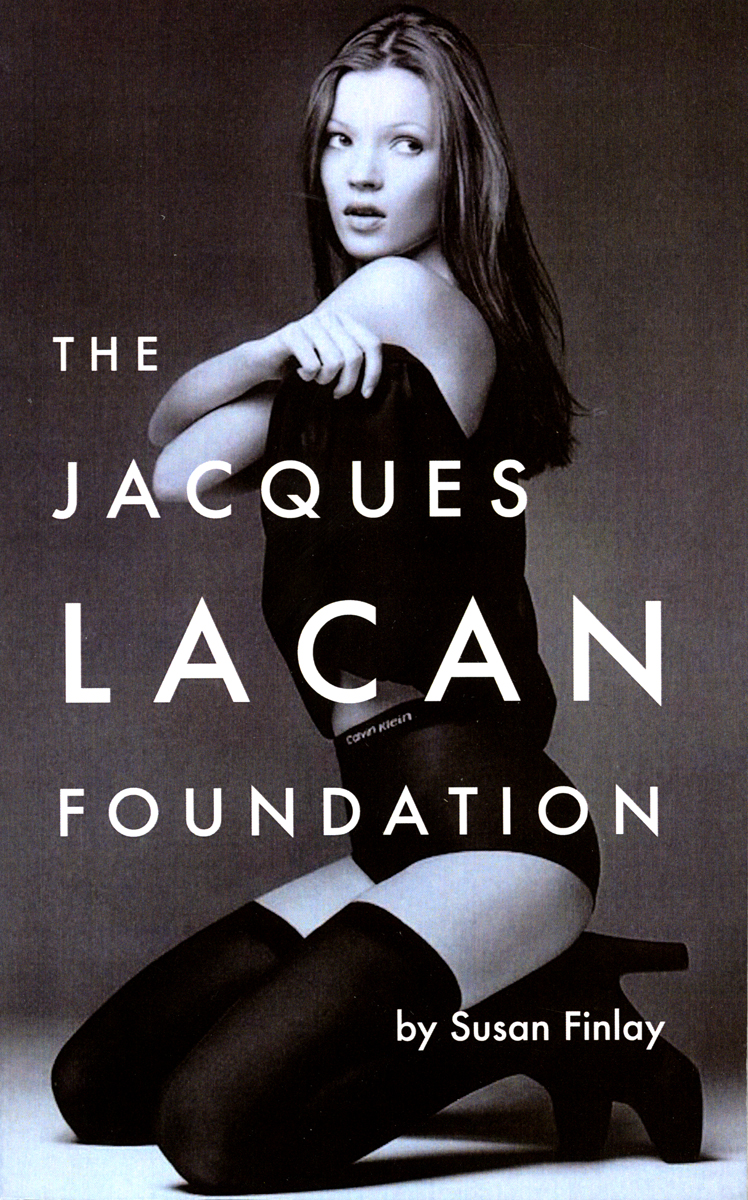Curated by OLIVE AMDUR
As this week of costumes, candy, and spooky Halloween cheer comes to an end, we at The Common are gearing up for the launch of our fall issue! Issue 26—full of vivid poems and prose from all over the world, as well as a special portfolio of writing and art from the migrant farmworker community—launches this coming Monday. After a brief Friday Reads hiatus, to get you excited about the issue, we return this month with recommendations from Issue 26 contributors Ned Balbo and Nora Rodriguez Camagna. Keep reading to see what’s been on their shelves this fall!
Chad Abushanab’s The Last Visit; recommended by Ned Balbo
If anyone you know thinks writing in meter means writing without passion, tell them to read Chad Abushanab’s The Last Visit, Jericho Brown’s selection for the 2018 Donald Justice Prize. Abushanab’s metrical facility is the fuel that makes his poetry burn, and just a few of his titles are enough to showcase his dark wit and deep feeling: “Love Poem with Five Lines Stolen from VHS Boxes,” “The Landlocked Lighthouse,” or “Cheating in a Small Town,” in which the native South Carolinian writes matter-of-factly, “Her wedding photo on the shelf / Looked down on us. We didn’t quit. / We got undressed in spite of it.” Haunted by memory and the ghosts of growing up, Abushanab’s debut is perfect October reading: from “a dead town full of ghosts” to the “haunted house” that is the setting for an adolescent liaison, to the hard-drinking father who disappears like downed whiskey, The Last Visit is filled with uncanny moments, disquieting self-awareness, and unforgettable lines, like these addressing a dead possum: “You were king and court. / Your reign was one of tousled dust / and dark, a headlong plunge / toward betrayal by two headlights and a tire.”

Lia Purpura’s It Shouldn’t Have Been Beautiful; recommended by Ned Balbo
Very different but equally rewarding is Lia Purpura’s It Shouldn’t Have Been Beautiful. Better known for her compelling lyric prose, Purpura is also author of Stone Sky Lifting and King Baby, two of the aughts-era’s best American books of poetry. Their 2015 successor features single-page meditations that sustain their overall sonic and rhythmic integrity even when their lines contain only two or three words: “Here a shadow-as-steed / rode the lawn / right out of its / useless, modern / detachment.” Purpura’s language, sharply etched, is always accessible: “Everyone’s someone / or just looks like them,” or, in describing a winter night, “It nibbles / on the horizon, / then / its quiet / magnifies space…” Again and again, common phrases are turned over, examined, dissected for their unexpected resonance, while nature’s fragile backdrop is both elegized and praised with ecopoetic insight: “That yellow / was a falling-off, / a fall / for once I saw / coming— / it could / in its stillness / still be turned from…” For readers who turn to Keats’s autumnal longings this time of year, It Shouldn’t Have Been Beautiful offers an alternative: clarifying enigmas of rare urgency and diamond-like precision.

Sandra Cisneros’s Woman Without Shame; recommended by Nora Rodriguez Camagna
With her latest book of poems, Woman Without Shame, Sandra Cisneros blasted back into my life like that sassy, whip-smart friend who makes you laugh as she pulls you into new adventures. I fell in love with Sandra Cisneros when I read The House on Mango Street because it captured a new voice in American literature: the voice of first- and second-generation Latinos who used words like chanclas mixed with English without thinking twice. Over the years, I followed her insight into Mexican and American culture in her novels, short stories, and poetry collections.
In Woman Without Shame, she reminisces about her past, imparts wisdom, and celebrates life after sixty full of unabashed sexuality and self-acceptance. In the poem “After a Quote from My Father,” she muses over life’s mundane lists of to do’s scribbled on Post-it notes, and reflects on her father’s words telling her to “Look at the moon/ Write poetry/ Take you time, mija/ Take you, time.” Through the emphasis on the use of “you” instead of “your” in her father’s immigrant English, wisdom is revealed. Her zesty humor infuses many of the poems. One of my favorites is “Having Recently Escaped from the Maws of a Deathly Life, I Am Ready to Begin the Year Anew,” where she decides to excise all the toxic chupacabras and chupacabronas from her life, take up shoe tossing at the heads of state, and ponders whether life is worth living without salami. (The answer is an emphatic no.) In the last section of Woman Without Shame, Cisneros delves into sexual desire and tells us that aging does not strip it away; instead, it makes it mas rico y picante. With a wink and smile, she leaves us greedy for more of her work and where she will lead us next.





